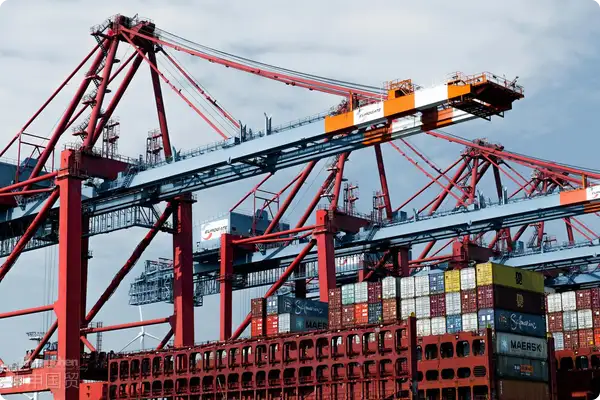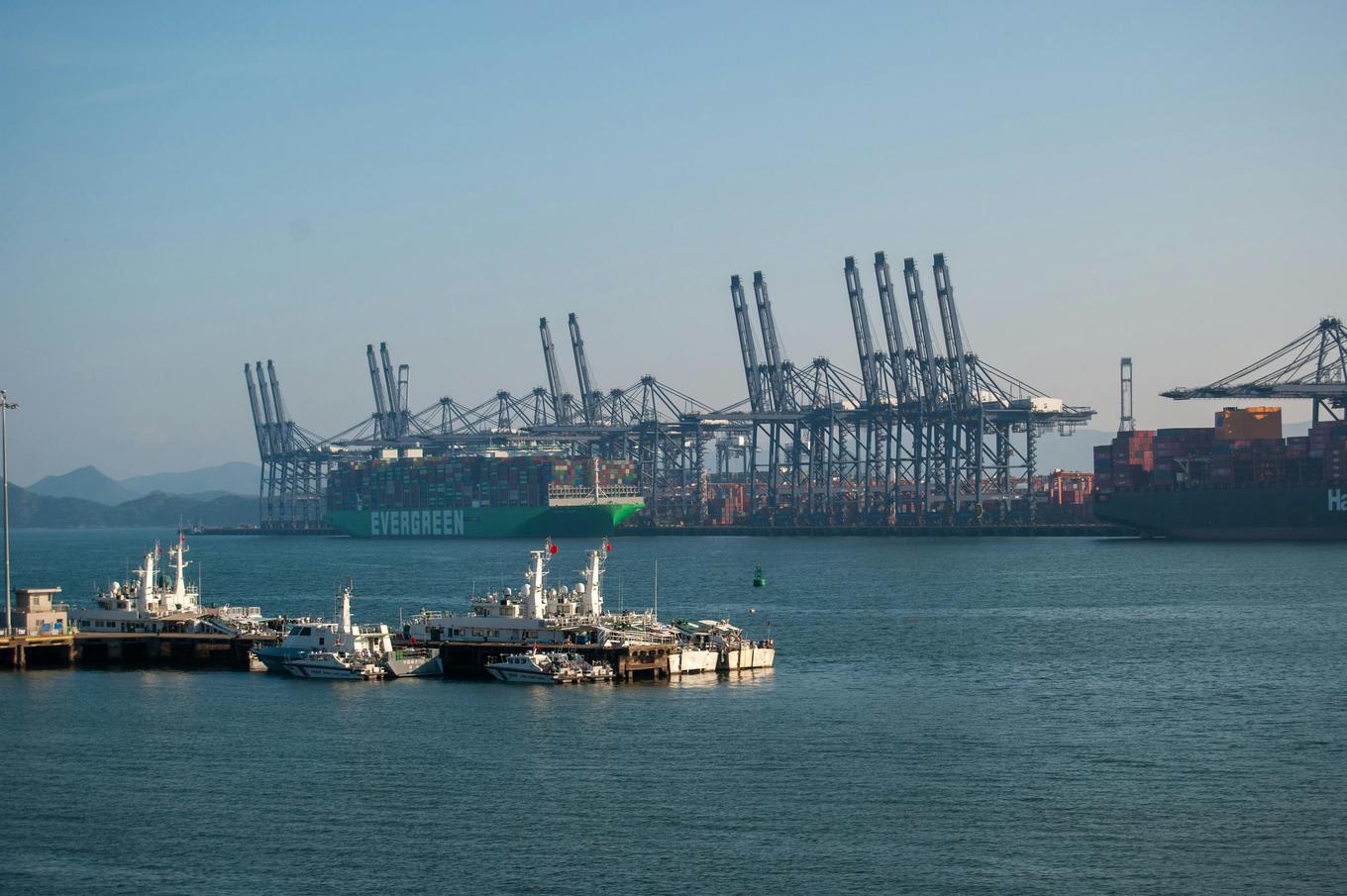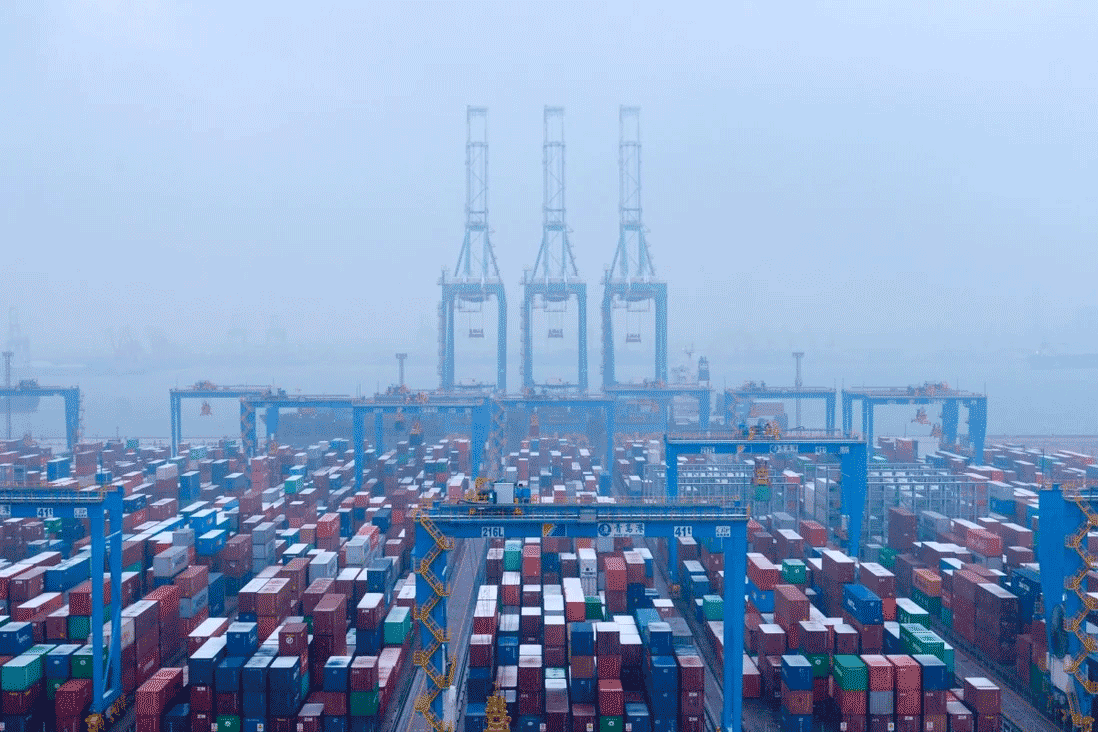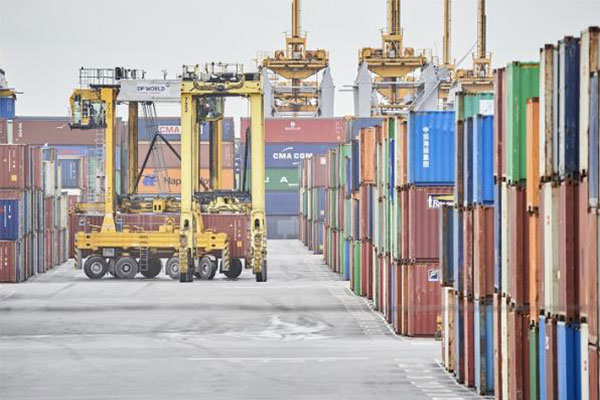- Shanghai Zhongshen International Trade Co., Ltd. - Two decades of trade agency expertise.
- Service Hotline: 139 1787 2118

Japanese Imported Bedding: Trade Panorama and Coping Strategies
On the grand stage of global trade, importing bedding from Japan presents numerous opportunities but also comes with a series of challenges. Whether its complex documentation processing, meticulous logistics arrangements, or the unpredictable international trade environment, all require professional perspectives and extensive experience to navigate.
International Trade Situation: Challenges and Opportunities Coexist
Currently, the international trade landscape is complex and volatile. On one hand, the rise of trade protectionism and frequent tariff adjustments undoubtedly increase cost risks for importing bedding from Japan. For instance, some countries may impose high tariff barriers on imported bedding to protect their domestic textile industries. On the other hand, the continuous advancement of regional trade agreements brings new opportunities. The implementation of agreements like the Regional Comprehensive Economic Partnership (RCEP) has created more favorable conditions for trade in Southeast Asian markets, reducing trade costs and simplifying trade procedures. Against this backdrop, importing bedding from Japan requires keen awareness of policy dynamics to fully leverage opportunities and mitigate risks.
Professional Document Processing Capabilities
Documentation processing is a critical link in the import process. When importing bedding from Japan, it is essential to prepare a commercial invoice detailing the description, quantity, and value of the goods, as this serves as an important basis for customs taxation and statistics. A packing list is also indispensable, as it clearly records the contents of each package, facilitating customs inspection and logistics distribution. Additionally, the bill of lading, as proof of ownership of the goods, must be accurate and timely. Our company has extensive experience in documentation processing, ensuring all documents are accurate and submitted on time. For example, when handling a batch of high-end bedding imported from Japan, we communicated with the supplier in advance to clarify documentation requirements. Upon receiving the documents, we carefully reviewed them and noticed a slight discrepancy in the product specifications on the invoice compared to the contract. We promptly contacted the supplier for corrections, avoiding delays and complications during customs clearance.
When dealing with business in the Russian market, documentation requirements can be even more complex. Russian customs imposes strict scrutiny on import documentation. In addition to the basic documents mentioned above, certificates such as quality certificates and sanitary certificates may be required to ensure compliance with Russian standards and regulations. We are familiar with the documentation requirements of the Russian market and can assist clients in efficient processing to ensure smooth customs clearance.It is recommended to verify through the following methods:Meticulous Logistics Arrangements
The logistics process directly impacts whether goods arrive at their destination on time and safely. Common transportation methods for importing bedding from Japan include
. If the goods are urgently needed in the market and the quantity is relatively small, air freight is a suitable option due to its speed, significantly reducing transit time, though at a higher cost. For larger quantities with less urgent time requirements, sea freight is more economical.Air TransportationandMaritime TransportationDuring sea freight, selecting the right shipping schedule and route is crucial. For instance, during summer, the North Pacific may encounter severe weather like typhoons, necessitating avoidance of affected areas or choosing appropriate shipping schedules to ensure cargo safety. Our company has established long-term partnerships with several renowned shipping companies, enabling us to develop optimal logistics solutions based on client needs, considering factors such as cost, time, and safety. For example, when handling bedding shipments from Japan to Southeast Asian markets, we consider local port efficiency and customs clearance speed to select suitable destination ports. For shipments to Port Klang in Malaysia, we check port congestion in advance and arrange shipping schedules accordingly to avoid prolonged delays.
For shipments to the Russian market, due to Russias vast territory, inland transportation may require rail intermodal solutions. We are familiar with Russias rail transport network and regulations, ensuring smooth inland transit and final delivery to clients.
: Before deciding to import bedding from Japan to Southeast Asia, conduct market research to understand local demand, consumer preferences, and competitor landscape. Simultaneously, sign detailed procurement contracts with Japanese suppliers, specifying key terms such as product specifications, pricing, delivery schedules, and payment methods.
Southeast Asian Marketimport and exportProcess and Solutions
- Import Process
- Pre - preparation: Suppliers arrange transportation according to the contract. During this process, we assist clients in tracking cargo status to ensure timely loading.
- Goods shipped: Upon arrival at the Southeast Asian destination port, goods enter the customs clearance process. This requires accurate submission of documents, including commercial invoices, packing lists, and bills of lading. Different countries may have additional requirements, such as certificates of origin in Indonesia to determine eligibility for preferential tariffs. We are familiar with the customs clearance policies and procedures in Southeast Asian countries, enabling efficient assistance to clients and avoiding delays due to documentation discrepancies or unfamiliarity with policies.
- Customs clearance phase: After customs clearance, arrange transportation from the port to the clients specified location. This may involve inland transportation and warehousing. We provide end-to-end solutions based on client needs to ensure safe and timely delivery.
- Goods DeliveryFor the Southeast Asian market, we offer personalized solutions. For cost-sensitive clients, we optimize logistics plans by selecting suitable shipping companies and routes to secure favorable freight rates and reduce costs. In documentation processing, we communicate with clients in advance to prepare all required documents, ensuring smooth customs clearance and minimizing port demurrage fees. For example, when handling a shipment of mid-to-low-end bedding to Thailand, we selected a cost-effective sea freight solution based on the clients budget and collaborated with local Thai freight forwarders to navigate customs clearance smoothly, saving costs and enhancing market competitiveness.
- Solutions
When trading with Russia, foreign exchange settlement is a critical step. VTB (Russian
VTB in the Russian MarketFX Settlement AgencyAdvantages
Bank) plays a significant role in Russias financial system. Settling through VTB offers several advantages. First, VTBs data exchange with Russian customs and other authorities is smooth, expediting the settlement process. In practice, once goods clear customs, VTB can quickly obtain relevant information and process settlements promptly. Second, VTB has extensive experience in trade finance. For businesses importing bedding from Japan to Russia, VTB can provide trade finance services to address liquidity needs. For instance, businesses can use procurement contracts with Japanese suppliers and shipping documents to apply for short-term loans from VTB, repaying after sales. This flexible financing alleviates cash flow pressures and facilitates trade.foreign tradeWhen importing bedding from Japan, different markets have varying product certification requirements. In Southeast Asia, some countries may require compliance with local textile standards, such as those set by the Singapore Standards Institution (SSI). In Russia, products must comply with GOST standards. While we do not directly handle certification, our professional team can inform clients of required certifications, assist in preparing documentation, and liaise with certification bodies. For example, when assisting a client in importing childrens bedding to Russia, we informed them of the GOST-R certification requirement, helped compile technical documents and test reports, and coordinated with the certification body to ensure timely approval and market entry.
Product certification assistance
In summary, whether facing complex international trade dynamics or cumbersome import/export procedures when importing bedding from Japan,
our professional documentation processing and logistics capabilities, coupled with tailored services for different markets, enable us to provide comprehensive, high-quality trade agency services, helping clients succeed internationally.ZhongShen International TradeJapanese Imported Bedding: How to Overcome Trade Challenges for Smooth Customs Clearance?
Related Recommendations
? 2025. All Rights Reserved. Shanghai ICP No. 2023007705-2  PSB Record: Shanghai No.31011502009912
PSB Record: Shanghai No.31011502009912










